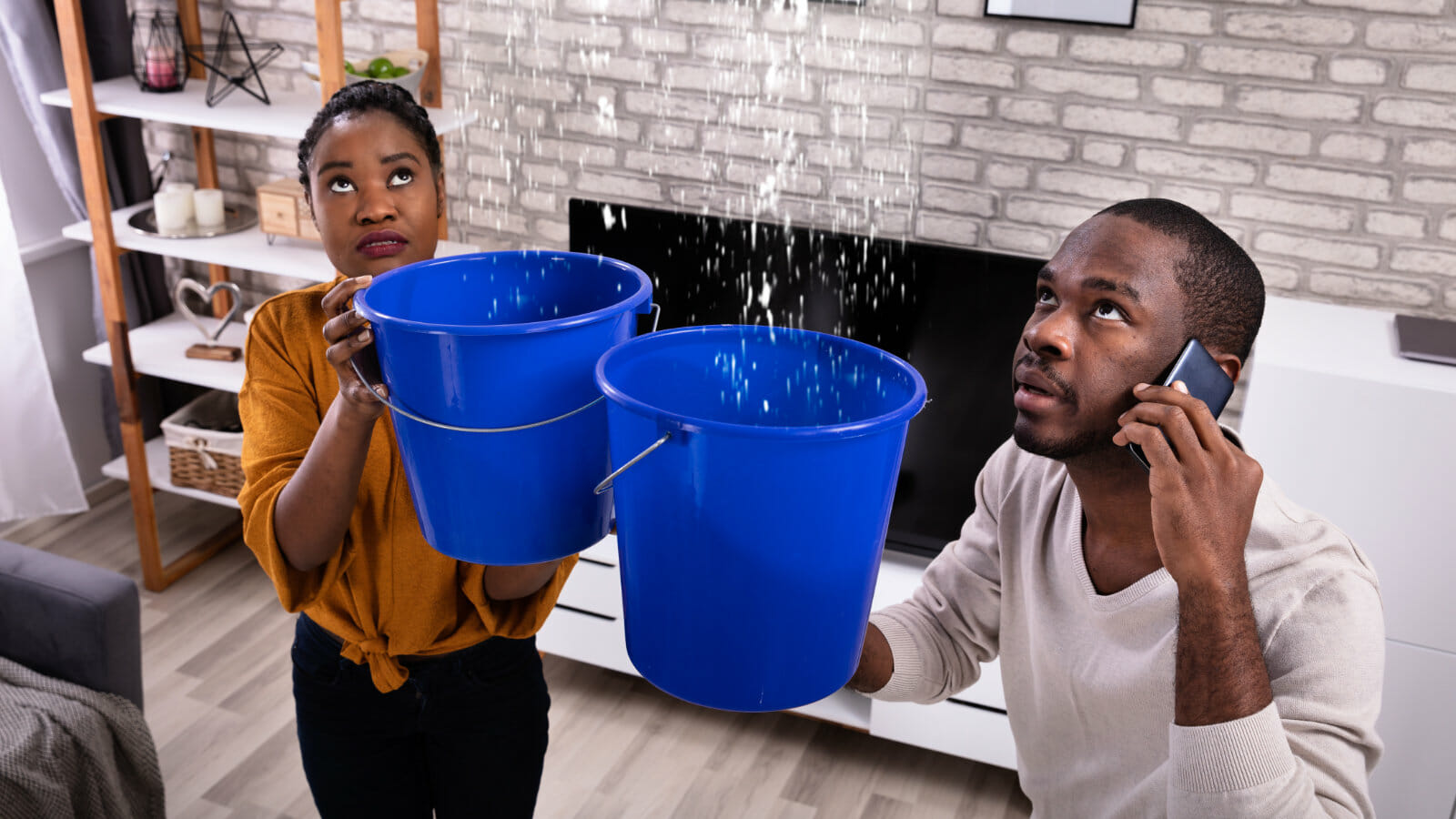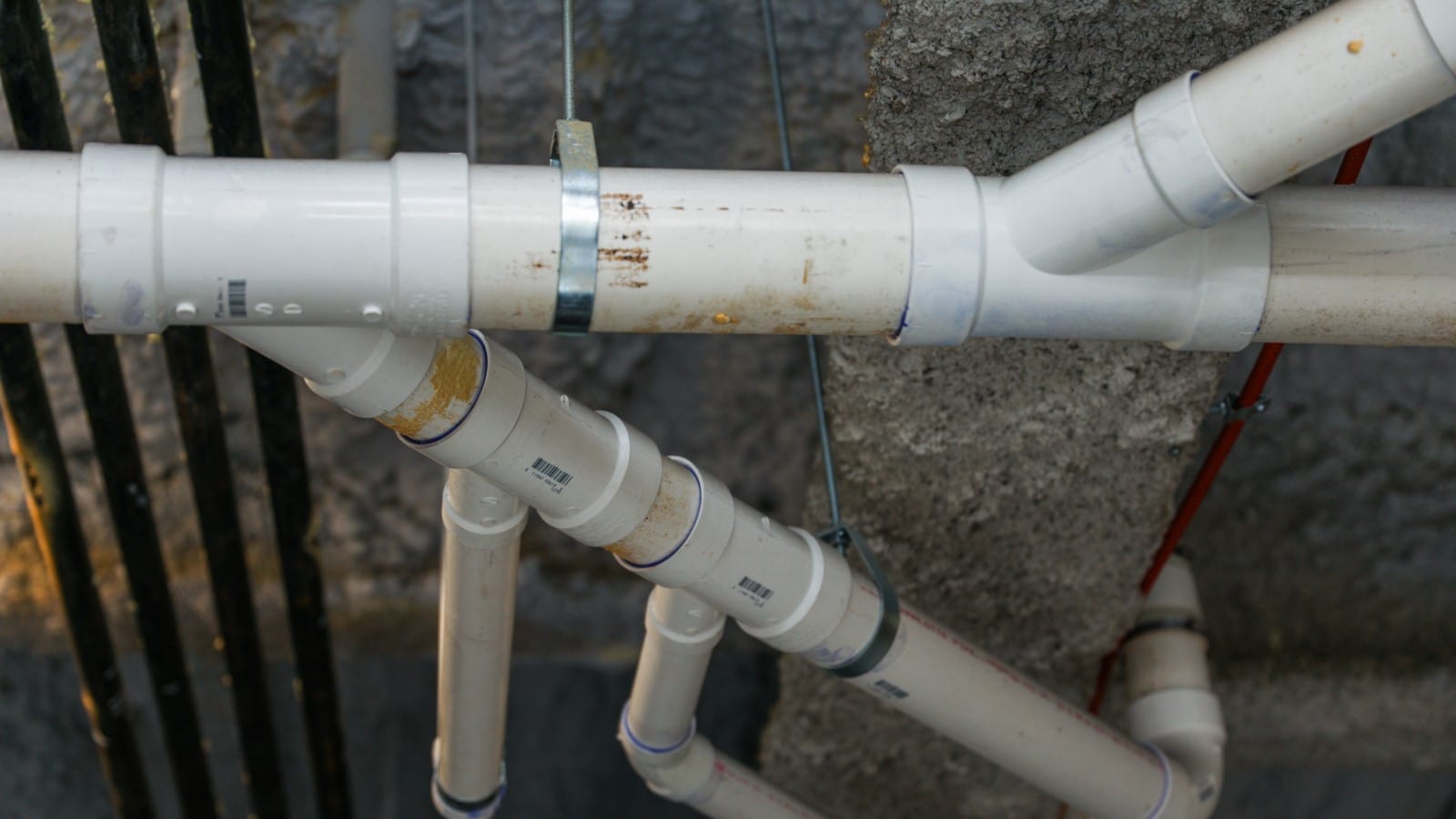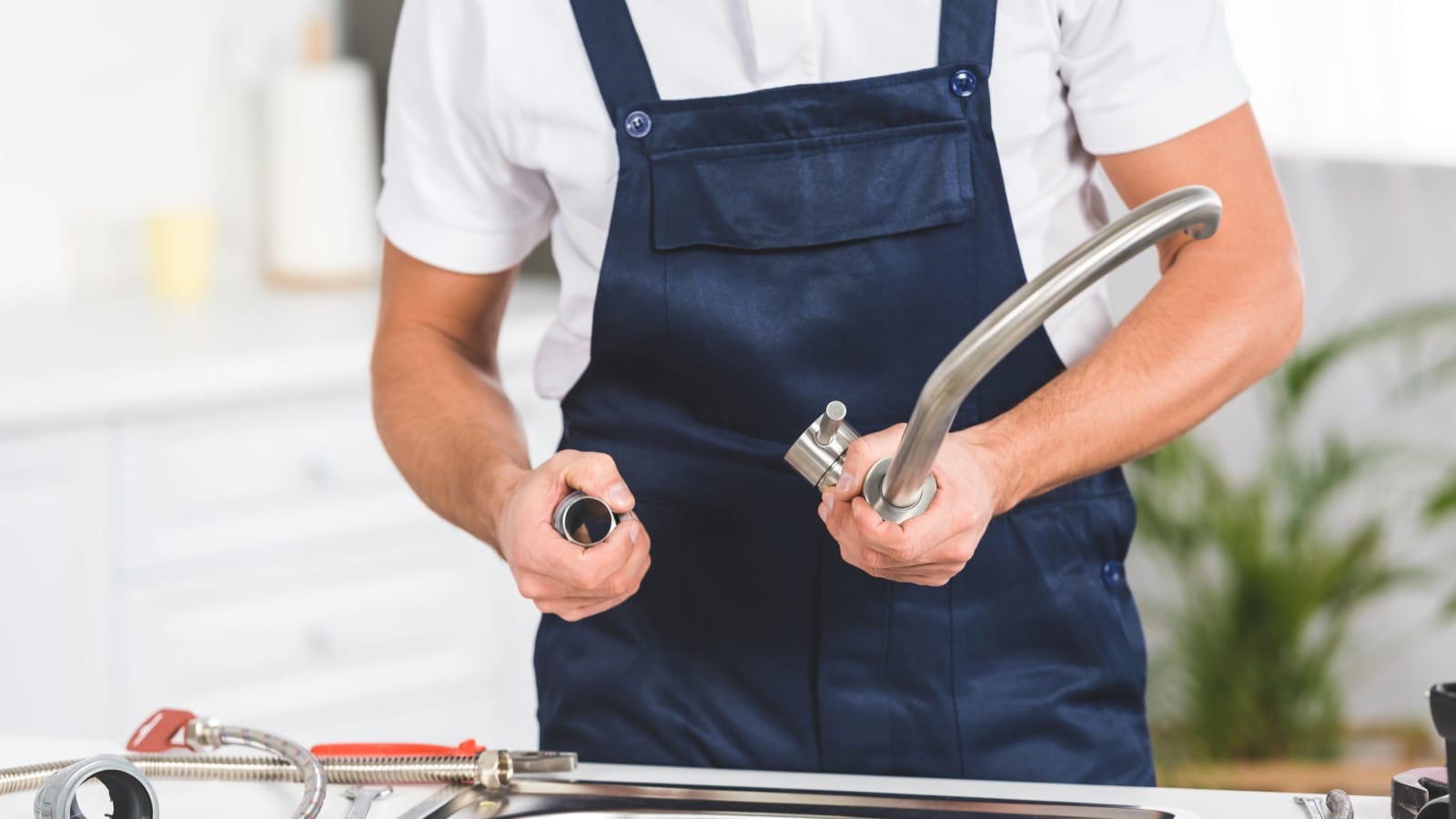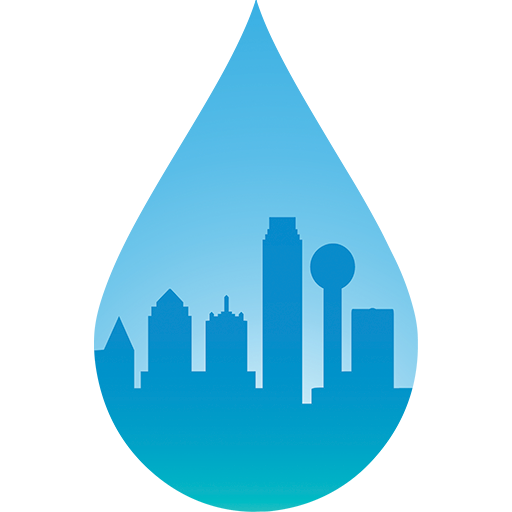In the bustling city of Dallas, homeowners and businesses alike face a unique set of plumbing challenges. These challenges are not just about fixing a leak or unclogging a drain; they’re about maintaining the comfort and functionality of our homes and workplaces. From dealing with low water pressure that affects our daily routines to addressing a running toilet that can waste gallons of water per day, understanding these common problems is crucial. It’s about knowing when to call a plumber, how to turn off the water main in case of a plumbing emergency, and how to maintain your plumbing system to prevent issues from arising.
The Specific Context of Dallas and Its Unique Plumbing Challenges
Dallas, with its diverse architectural styles and varying soil conditions, presents a unique set of plumbing challenges. From slab leaks caused by shifting soil to sewer system backups during heavy rainfalls, Dallas residents need to be prepared for a variety of plumbing issues.
- For instance, the expansive clay soils in Dallas can lead to main water line breaks, causing significant water flow issues within your home. These soil conditions can also cause slab leaks, which are not just a common plumbing problem in Dallas, but a serious issue that requires immediate attention.
- In addition, the city’s older homes, with their aging plumbing systems, often face problems like leaky pipes, slow drains, and low pressure. These issues can affect the water supply to your home, disrupt the inner workings of the toilet, and lead to an expensive water bill if not addressed promptly.
- Furthermore, Dallas’s heavy rainfalls can lead to sewer line problems, causing backups in drains and toilets. These backups can lead to significant property damage and health risks if not addressed promptly.
Understanding these unique challenges and knowing how to diagnose the problem can help Dallas residents prevent these issues, saving them time, money, and stress. Whether it’s using a pressure gauge to check for low water pressure, using drain cleaning methods to prevent clogged drains, or understanding when to replace a hot water heater, being prepared can make a significant difference.
In the end, understanding the common plumbing problems in Dallas is about more than just knowing how to fix a problem. It’s about understanding the specific context of Dallas, knowing how to prevent problems, and knowing when to call a professional for help. It’s about maintaining the comfort and functionality of our homes and workplaces, ensuring a smooth flow of water throughout the home, and ultimately, ensuring the health and well-being of our families and communities.
Understanding Common Plumbing Problems
What Are Common Plumbing Problems and How Do They Occur?
Common plumbing problems range from minor annoyances like a dripping faucet to major issues like a sewer system backup. These problems can occur due to a variety of reasons, including wear and tear, improper use, and environmental factors.
For instance, a dripping faucet might be caused by a worn-out valve, while a clogged toilet might result from flushing inappropriate items. Water heater problems can arise from a lack of maintenance or faulty parts, leading to issues like insufficient hot water or fluctuating temperatures. A sewer system backup might occur due to blockages or damage in the sewer line, often resulting from flushing inappropriate items or tree root intrusion. Slab leaks, a common issue in Dallas, are often caused by shifting soil conditions that can damage the water lines beneath a home’s foundation.
Common Plumbing Emergencies in Dallas: An Overview
In Dallas, homeowners and businesses commonly face issues like clogged drains, leaky faucets, water heater issues, sewer system backups, and slab leaks. Each of these problems presents unique challenges and requires specific solutions.
Clogged drains, for instance, can be caused by disposing of inappropriate items down the drain, such as grease or non-dissolvable materials. Leaky faucets often result from worn-out components, leading to wasted water and higher water bills. Water heater issues can arise from a lack of maintenance or faulty parts, affecting the amount of hot water available and the water’s temperature. Sewer system backups can occur due to blockages or damage in the sewer line, potentially causing wastewater to back up into the home or business. Slab leaks are often caused by shifting soil conditions in Dallas, leading to damage in the water lines beneath a home’s foundation.
Understanding these common plumbing problems and their causes can help Dallas residents and businesses prevent issues, promptly address problems when they arise, and maintain the functionality of their plumbing systems. Whether it’s regularly checking your water usage to detect potential leaks, avoiding the use of chemical drain cleaners that can damage pipes, or scheduling regular maintenance for your water heater, being proactive can make a significant difference in preventing plumbing problems.
Slow or Clogged Drains and Toilets
Understanding Clogged Drains
Clogged drains are a common issue in Dallas homes and businesses. They occur when items that shouldn’t go down the drain accumulate and block the pipe.
The Impact of Clogged Drains
Clogged drains can lead to water backup, foul odors, and even property damage if not addressed promptly. They can disrupt daily activities and lead to costly repairs.
Preventing and Dealing with Clogged Drains
Preventing clogged drains involves mindful use of your drains. Avoid disposing of grease, coffee grounds, and non-dissolvable items down the drain. If a clog occurs, a plunger or a plumber’s snake can often resolve the issue. For stubborn clogs, it’s best to call a professional.
Leaky Faucets and Toilet Fixtures
Understanding Leaky Faucets and Fixtures
Worn-out components, such as the washer in a faucet, often cause leaky faucets and fixtures. These leaks may seem minor, but they can lead to significant water waste over time. A leak in the water line, for instance, can cause puddles of water to form, damaging floors and leading to potential mold growth. It’s not just the amount of water that’s a concern but also the potential damage that water leaks can cause.
The Impact of Leaky Faucets and Fixtures
Leaky faucets and fixtures can lead to higher water bills and contribute to water waste. In fact, a single dripping faucet can waste hundreds of gallons of water each year. This not only increases your water bill but also puts unnecessary strain on your city’s water supply. Moreover, the constant dripping can cause water stains on your fixtures and sink, leading to potential long-term damage.
Fixing Leaky Faucets and Fixtures
Fixing a leaky faucet often involves replacing the worn-out washer. For more complex leaks, such as those involving your pipes or drain line, it’s best to call a professional plumber. They have the necessary tools and expertise to diagnose the problem and fix the leak effectively. Regular plumbing repairs can help prevent minor leaks from turning into major issues.
Hot Water Heater Problems
Understanding Water Heater Issues
Water heater issues can range from lack of hot water to fluctuations in water temperature. These problems can be due to a faulty thermostat, sediment build-up in the tank, or a broken heating element. Hard water, which is common in some areas of Dallas, can also cause sediment build-up, leading to water heater issues.
The Impact of Water Heater Issues
Water heater issues can disrupt daily life, making it difficult to shower, wash dishes, or do laundry. They can also lead to higher energy bills. If your water heater needs to work harder to heat the water, it uses more energy, which can significantly increase your bills.
Preventing Water Heater Issues
Regular maintenance, including flushing the tank to remove sediment, can prevent many water heater issues. If your water heater is not working properly, it’s best to call a professional. They can check your water heater, diagnose the problem, and provide the necessary repairs or replacements.
Sewer System Backups
Understanding Sewer System Backups
Sewer system backups are a serious issue that can result in sewage backing up out of drains. They can be caused by blockages or damage in the sewer line. Blocked pipes, for instance, can cause the sewer line to back up, leading to potential health risks and property damage.
The Impact of Sewer System Backups
Sewer system backups can cause significant property damage and pose health risks due to exposure to sewage. They require immediate attention to prevent further damage and health risks. The leaking sewer can also cause water stains and unpleasant odors in your home.
Preventing Sewer System Backups
Regular sewer line maintenance and avoiding flushing inappropriate items can help prevent sewer system backups. If a backup occurs, it’s crucial to call a professional immediately due to the health risks and potential for property damage.
Slab Leaks
Understanding Slab Leaks
Slab leaks occur in the water lines located beneath the concrete slab of your home. They are common in Dallas due to the shifting soil conditions. These leaks can cause problems with the flow of water to your home, leading to issues like low water pressure.
The Causes and Signs of Slab Leaks
Slab leaks can be caused by soil movement, corrosion, or poor construction. Signs of a slab leak include a sudden spike in your water bill, damp carpet or flooring, a decrease in water pressure, or the sound of running water when all fixtures are off.
Detecting and Dealing with Slab Leaks
Detecting slab leaks often requires professional equipment and expertise due to their location. If you suspect a slab leak, it’s important to call a professional immediately to prevent further damage to your home. They can diagnose the problem, determine the cause of the problem, and provide the necessary solutions.
Conclusion – When to Call a Plumber?
Understanding the common plumbing problems in Dallas is the first step in maintaining a smooth-running household or business. Whether it’s a clogged drain, a leaky faucet, or a slab leak, being able to identify and address these issues promptly can save you time, money, and stress.
In Dallas, our pipes may face unique challenges due to the city’s diverse architectural styles and varying soil conditions. These factors can lead to common plumbing issues like slab leaks and sewer system backups. When these problems come, they can cause a lot of water waste, leading to higher water bills and potential damage to your property.
One of the key aspects of managing these issues is understanding your plumbing fixtures and supply. Knowing where your water valve is, for instance, can be crucial in quickly turning off the water supply in case of a major leak. Similarly, being aware of the location and condition of your drain pipes can help you identify potential issues before they escalate.
Plumbing leaks, whether from a faucet or a water line, can cause significant water waste. Even a slow drip can waste hundreds of gallons of water each year. That’s why it’s important to fix the problem as soon as you notice it. While some minor issues like a slow drain or a dripping faucet can be fixed with a DIY approach, more complex problems often require professional help.
For instance, issues with your main water line or sewer system can cause significant property damage and pose health risks. In such cases, it may be necessary to call a professional plumber. They have the expertise and equipment to diagnose and address these issues effectively.
Remember, while it’s tempting to ignore a small leak or a slow drain, these problems can cause bigger issues down the line. A small leak can lead to water damage and mold growth, while a slow drain can eventually lead to a complete blockage. Therefore, addressing these issues promptly is crucial.
Moreover, understanding common plumbing problems and solutions can empower you to take charge of your plumbing system. It can help you maintain the comfort and functionality of your home or business, prevent unnecessary water waste, and avoid costly repairs.
Finally, remember that while DIY solutions can be effective for minor issues, many plumbing problems require the expertise of a professional. Don’t hesitate to call a professional when needed—it’s better to address the issue correctly the first time than to deal with more significant problems down the line. After all, maintaining a healthy plumbing system is not just about fixing problems as they arise, but also about preventing potential issues through regular maintenance and timely repairs.





